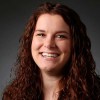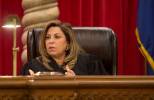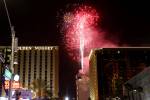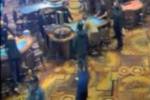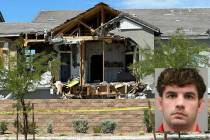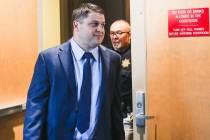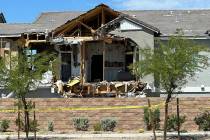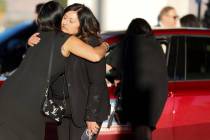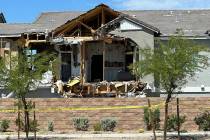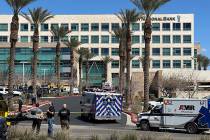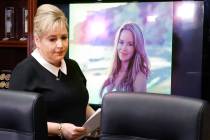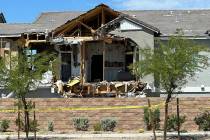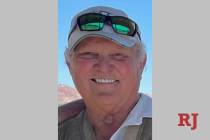UMC trauma director reflects on night of Las Vegas shooting
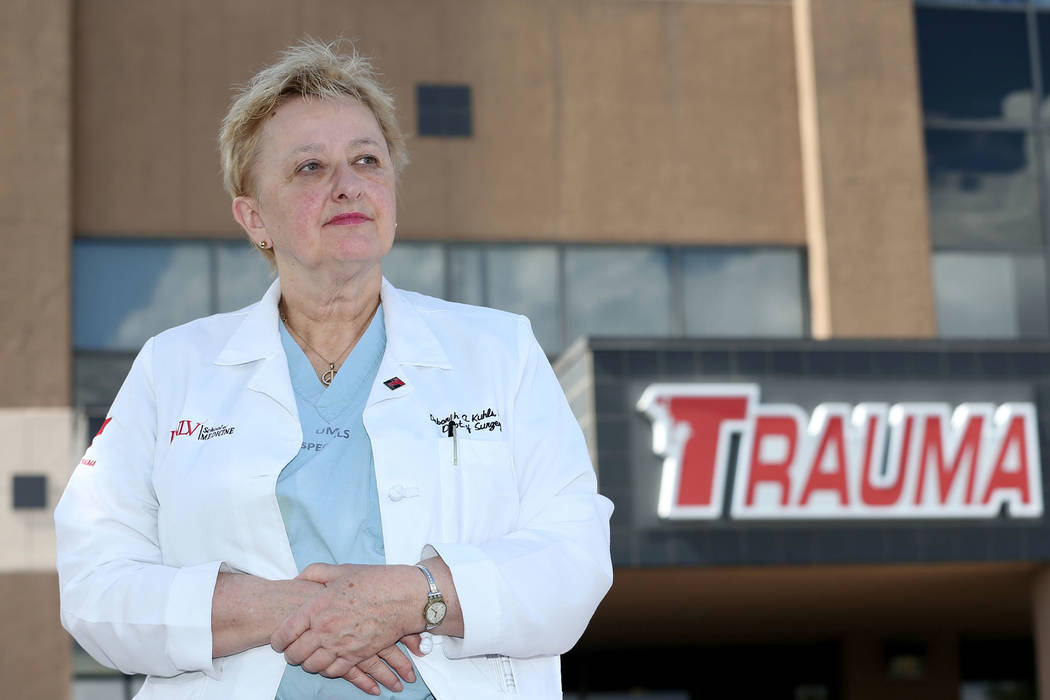
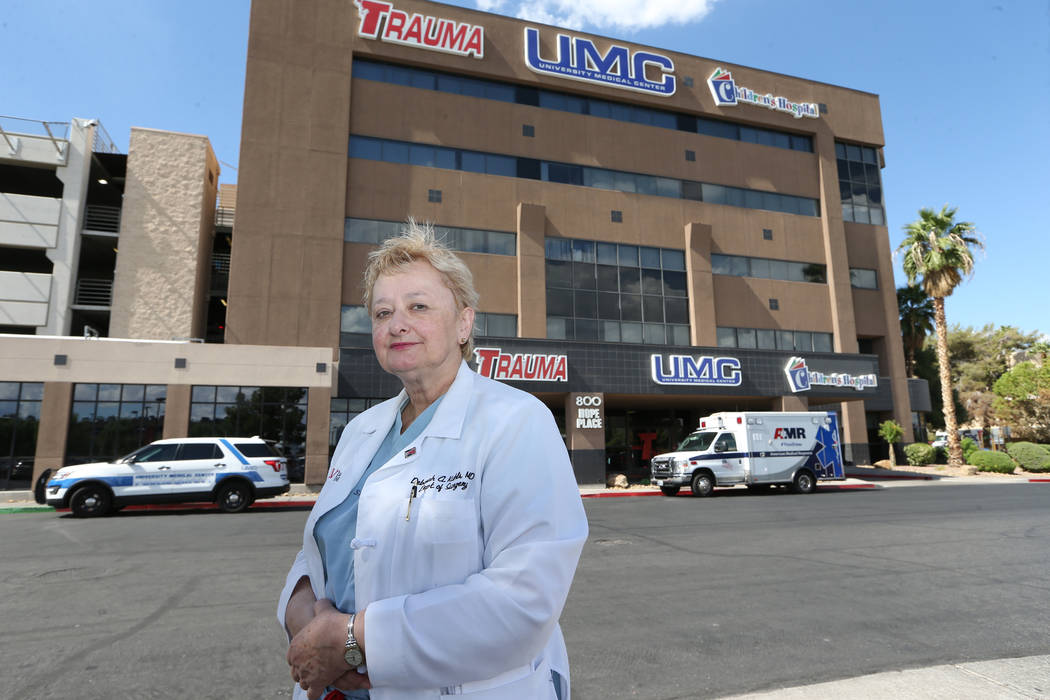
They sought a carefree weekend out on the town.
Some were from Vegas, many drove in from Southern California, and others journeyed on a plane to escape the worries of their everyday lives.
That’s what set the evening apart from so many others that Dr. Deborah Kuhls has spent in UMC’s trauma center.
“They were out to have a good time, relax and get away from the worries of the world, and you have someone who decides that he’s going to massively murder as many people as possible,” said Kuhls, director of the trauma ICU and a professor of surgery at UNLV’s medical school. “That is not an everyday occurrence.”
Kuhls, who’s serving on a panel at UNLV on Friday to discuss her experiences from the night of Oct. 1, 2017, has been a trauma surgeon at UMC for more than 18 years.
Most patients, she said, don’t ask to be injured, but some do engage in risk-taking behavior.
“But that night, none of those people were doing that,” she said.
***
On Sept. 11, 2001, Kuhls was in the ICU when the planes hit the twin towers in New York City.
Her boss had been en route to a national trauma meeting, and was placed on lockdown at McCarran International Airport.
“I think that experience really crystallized our need to be prepared for a mass casualty event,” Kuhls said. “And even on that day, and every day since then, Las Vegas has always been on the top list of cities that could be targeted by terrorist activity.”
Kuhls had always been interested in helping the most patients she could, but the terror attack that shook the entire nation forced her to reassess her role as a trauma surgeon.
“I started actively taking disaster management courses,” she said.
In 2004, an Indian Ocean earthquake and tsunami killed hundreds of thousands of people in Asia. Kuhls has traveled to Thailand many times over a period of about 10 years to provide disaster training. In 2008, she brought a course to UMC that teaches hospitals how to prepare for a mass casualty event.
So when a charge nurse told her that there was an active shooter on the Las Vegas Strip a few minutes after 10 p.m., and as the patient count quickly rose from 10, to 20, to 50, to 100, her training kicked in, and she asked the hospital to activate its disaster plan.
“We didn’t know how many perpetrators there were, but I knew we needed to switch into disaster mode rather than our usual mode,” Kuhls said. “We can have multiple casualties that come in from one event — one car crash, one shooting — so it wasn’t a total paradigm shift, but it gave us enough information that we needed to be prepared for something that we don’t encounter on an everyday basis.”
Kuhls, who had just entered her 15th hour of work that day, took the hospital into overdrive. She called in the backup surgeon, residents, anesthesiologists, surgical fellows and opened additional operating rooms. The charge nurse began moving all trauma ICU patients into other hospital ICUs to make room for newly injured patients.
The emergency physician and another nurse then set up a triage center outside of the trauma center, which went from zero to 20 patients in five minutes.
“That was single-handedly the most helpful event that happened,” Kuhls said. “Right in the trauma recess area, we need to focus on the most injured people, the ones who are most at risk of dying. And that triage team sorted people into two categories.”
The first step, Kuhls said, is to perform the initial assessment on the patient, which takes about two minutes. Doctors who deal with traumatic injuries learn those skills through a course called advanced trauma life support.
“Without an airway, you’re not going to be able to breathe, and you’re going to die quickly,” she said. “For circulation, do they have a pulse? Are they awake? In this case, we were dealing with gunshot wound victims, so where are the holes?”
Kuhls said the emergency physician in charge of the triage area did a “phenomenal” job sending in the right people.
“At one point we had eight patients in eight different operating rooms,” Kuhls said.
In the switch from general emergency mode to disaster mode, she said one unsettling factor rose to the top.
“There are people who are alive, but they appear to have non-survivable injuries, so we call them expectant,” Kuhls said. “And to actually call someone expectant was not something we were used to doing early on … so that was really difficult. We kept a very close eye on those patients for signs of improvement, and they did improve.”
***
Everyone who arrived alive, survived, said Dr. John Fildes, medical director for the trauma center.
He said no one person can claim all of the credit for the positive outcome, but called Kuhls the “unsung hero” of the evening.
“She was not just present, but was one of the first decision makers to get these patients the care that they needed,” Fildes said.
Kuhls is especially proud of her residents.
“They were unbelievably helpful, as they always are,” Kuhls said. “It was very gratifying that the knew what to do. They really did.”
In the year since, she has worried about the emotional toll on the residents — of seeing so much tragedy so early on in their careers.
“We offered a lot of support services,” she said. “We know some of the things that would be helpful … but I don’t think we know all of it.”
Kuhls, too, has been burdened with sadness, but she does not allow it to overwhelm her. If she did, she couldn’t help people.
“I’m always looking for the opportunity to make a difference in someone’s life, not only by saving their life, but I have a discussion with many of my patients,” she said. “I tell them that they are starting their second life. If things had been different, they would not be with us. As they reflect back on their lives, this is the opportunity to make some changes.”
Contact Natalie Bruzda at nbruzda@reviewjournal.com or 702-477-3897. Follow @NatalieBruzda on Twitter.
If you go
Remembering 1 October Project Panel Discussion
5:30 to 7 p.m. Friday, Lied Library, UNLV
Details: Contact Lonnie Marshall at lonnie.marshall@unlv.edu or 702-895-4517.
RSVP: https://cal.library.unlv.edu/event/4443913



